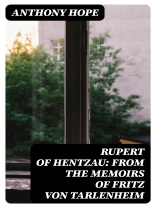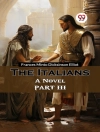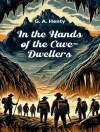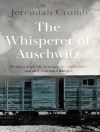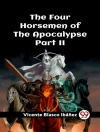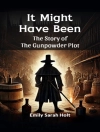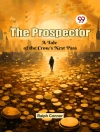In 'Rupert of Hentzau: From The Memoirs of Fritz Von Tarlenheim, ’ Anthony Hope masterfully intertwines themes of adventure, loyalty, and betrayal against a richly drawn backdrop of intrigue and romance. This sequel to the classic 'The Prisoner of Zenda’ employs a vivid narrative style, characterized by sharp dialogue and dynamic character development. Hope deftly explores the psychological complexities of his characters, particularly the enigmatic Rupert, whose charisma and cunning elevate the tension throughout the story. Set against the politically charged atmosphere of Ruritania, the novel invites readers into a world where honor and deception coexist, providing a compelling glimpse into Victorian ideals of masculinity and heroism. Anthony Hope, born in 1863, was a prominent British novelist and playwright whose literary career was marked by a penchant for adventure and romance. Raised in a well-educated family, Hope’s vast travels across Europe and his keen interest in the politics of the time significantly shaped his writing. 'Rupert of Hentzau’ reflects not only his fascination with exotic locales but also his deeper understanding of the moral ambiguities present in human relationships, drawing readers into a world profoundly influenced by the culture and politics of the late 19th century. This book is highly recommended for fans of swashbuckling adventure and intricate character dynamics. Hope’s exquisite prose and nuanced plotting make 'Rupert of Hentzau’ an essential read for those who appreciate classic literature. Engaging with this narrative will not only enhance one’s understanding of the genre but also inspire reflection on the nature of loyalty and the seduction of power.
O autorze
Sir Anthony Hope Hawkins, better known by his pen name Anthony Hope, was an English novelist and playwright, born on February 9, 1863, in London, England. He is most renowned for his adventure novels set in the fictional European kingdom of Ruritania, a term that has come to denote any small, imaginary, quintessential European country used as the setting for romance and intrigue. His most famous works are 'The Prisoner of Zenda’ (1894) and its sequel, 'Rupert of Hentzau: From The Memoirs of Fritz Von Tarlenheim’ (1898), which further explores the complex political and romantic turmoil within Ruritania. Hope’s literary style was characterized by swift-moving plots, engaging dialogue, and a knack for sustaining suspense. The Ruritanian romances, with their blend of adventurous escapades and aristocratic dalliances, struck a chord with the Victorian public, both in Great Britain and abroad. Outside of the Ruritanian genre, Hope also wrote other novels, short stories, and plays. He balanced his literary pursuits with a legal career, but after the success of his novels, he devoted himself to writing full-time. Hope’s contributions to the adventure and romance genres have been widely acknowledged, and his works have been adapted into plays, films, and television series, attesting to the enduring appeal of his storytelling. He passed away on July 8, 1933, and his legacy as a pioneer in the genre of romantic adventure endures to this day.
